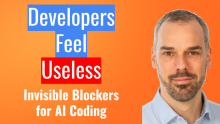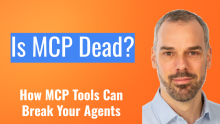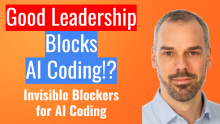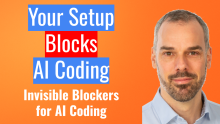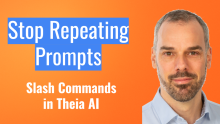Strengthening supply-chain security in Open VSX
The Open VSX Registry is core infrastructure in the developer supply chain, delivering extensions developers download, install, and rely on every day. As the ecosystem grows, maintaining that trust matters more than ever.

